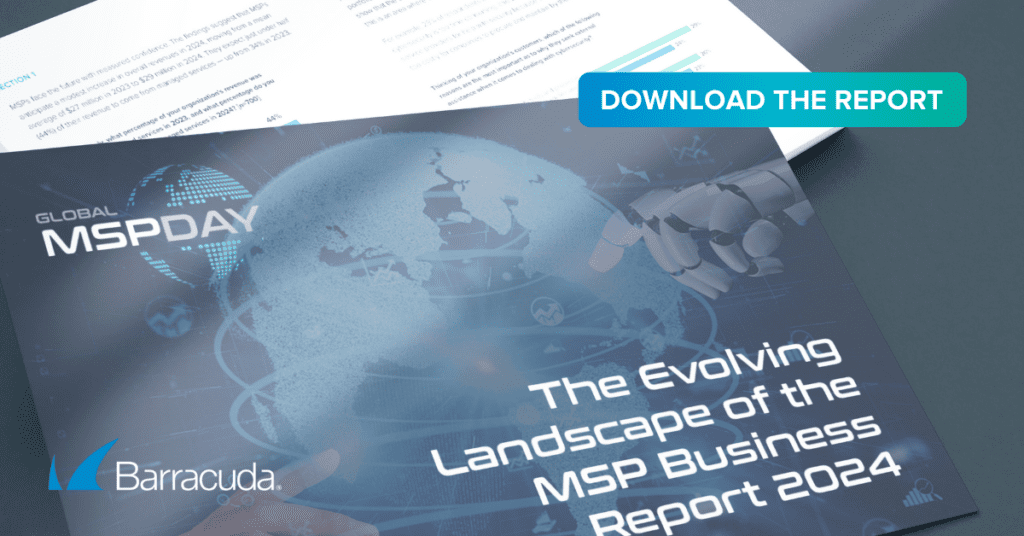
The technology industry is constantly changing, and managed service providers (MSPs) need to step in to help customers navigate these changes, especially in the wake of a merger or acquisition. It is usually accompanied by substantial changes in licensing and the level of support that might be provided.
Case in point is the current level of anxiety being generated around Broadcom’s recent acquisition of VMware, or Oracle’s Java licensing changes, which have resulted in many organizations embracing open-source alternatives.
MSPs can provide a guided path
MSPs are often the go-to experts to help customers navigate the changes with IT vendors. For instance, in the case of Broadcom, the company is trying to encourage larger organizations to either upgrade to VMware Cloud Foundation (VCF), a subscription offering that includes the full suite of VMware offerings or to move to VMware vSphere Foundation, which has now superseded the core VMware vSphere platform that is used by most customers.
In a survey of 1,080 current and former customers of VMware conducted by Civo, a provider of cloud computing services, not surprisingly, nearly half (45 percent) of survey respondents said their organization can no longer operate with the same agility they once did because of the licensing changes proposed.
However, the number of commercial providers of software that make any type of perpetual license available has dwindled to a handful. Arguably, it was only a matter of time before VMware, even without prompting from Broadcom, would have ended perpetual licensing.
The decision each customer wrestles with when confronted with these types of licensing changes ultimately comes down to whether it makes more economic sense to accept these changes versus opting to migrate a workload to another platform. Different workloads vary in their complexity and demands. The more data-intensive a workload is, the more challenging it becomes to migrate it to another platform. Alternatively, some organizations might look to encapsulate a workload in a container that would make it easier to migrate. Even then, we still need to work through virtual machine migration issues. This includes any potential impact that option might have on application performance.
Balancing legacy support with new platform deployments
Many organizations may simply decide to draw a proverbial line in the sand. Deciding to deploy all new workloads on another platform while continuing to support legacy workloads on an existing platform. The challenge is that with each additional platform added to an IT environment, the total cost of managing that hybrid IT environment tends to increase.
Regardless of approach, emotions are clearly running high. Many organizations resent having to move to a subscription license because they see it as increasing their costs. MSPs need to help those organizations consider all their options. The one clear thing is any decision based on raw feelings rather than actual data provided by a trusted third-party can easily cost those organizations a lot more than money.
Photo: Philip Steury / Shutterstock

